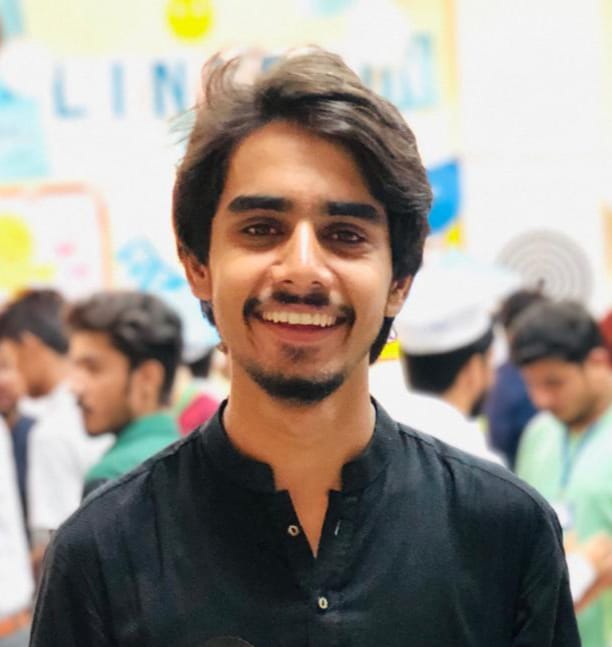I am a part of a society where we have to think, before we think, to think it or, not to think it. Here questioning and thinking critically can lead to sedition or blasphemy. Your question either hurts religion or is branded seditious against state. Whole generation has been raised—except few—without the habit of questioning. This habit of not questioning has left the power structures unquestioned.
That is the problem with society that, those who question the established practices are alienated and termed traitors. Talking about faith, Providence and politics offend people. Society is intolerant and you can’t question here. Fair enough! But what about classrooms? Should not, in such a society where people show resistance to innovative ideas, the educational institution provide the most suitable environment for questions and discussions? I guess it should. But unfortunately, it isn’t. We’re categorically instructed that religion & politics should not be discussed in the classroom. Our universities force us to sign an affidavit stating, “students will not take part in political activities”. It’s more ironic when you’re a student of politics, like me, but you’re supposed to be apolitical.
Before I joined university for my undergrad as Political Science major, I studied pure sciences in a college. There, they taught atoms, mixtures, bonding and all chemical reactions ‘outside laboratory’. They taught science like fiction where we just imagined atoms, elements, mixtures and even instruments used in physics laboratory. Working of a transformer was read through textbook and was shown on the black board. We had to imagine what was supposed to be observed through experiments. I was curious yet questions didn’t born in my mind because the system was controlled that way. This lack of practical work and pertinent discussions in sciences in our educational institutions compelled me to leave pure sciences. It was my innocent assumption, then, that after becoming the student of political science the world would be my laboratory, and I would be able to broaden my ideas via open discussions and debates on issues in the world. I didn’t know they would forbid opining on politics in political science class. Questions were killed before birth then and are killed now the same way.
It’s part of our society’s anti-knowledge belief system that taking science too much serious can make you an atheist. Studying philosophy & politics can make you secular or surkha (Marxist). When we look at the universities which are supposed to be ideas-generating-factories, we are left disappointed having no final product – the ideas. It is because ideas flourish in a free environment. An environment where questioning is allowed, where you’re free enough to question. Do our universities provide a free environment to think critically and question? A straightforward answer is a big NO!
Having spent three years in a public sector university I saw questions being murdered countless times. In my department, I witnessed three batches ruined before me, their passion died, curiosities vanished, and they were simply made passive. I saw fear in the eyes of teachers who had enlightened ideas. They were instructed by the university administration not to mention even the name of Junaid Hafiz – a blasphemy accused brilliant lecturer of the same university. My badge fellows and seniors too, didn’t know what happened in the campus a few years back in 2013. Case of Junaid Hafiz was tried to bury in all possible ways. His questions were brutally murdered far before Multan’s court verdict of Junaid’s death sentence in December 2019.
Case of Junaid Hafiz, subsequently, left fears haunting around the liberated minds. Mashal Khan’s horrific murder in 2017 within the premises of Abdul Wali Khan University, Mardan is nothing but a continuation of the same acts done before to kill the habit of questioning. The brilliant & critic minds felt fear; speaking up freely meant an exposure to an ignorant, hard and violent mob.
It was not before the Students Solidarity March last November when Multan’s students calling for restoration of student unions, among other demands, remembered Junaid Hafiz too. We got to know what were his questions. We came to know that ideas can’t be imprisoned. It was a ray of hope. And the growing student movement in Pakistan is a glimpse of a future where students will regain their right to question; to question everything.
Iqbal Lala, Mashal Khan’s father, on his son’s third death anniversary warned; “This is the era of science, answer these students’ questions; don’t kill them”
Amjad Mehdi studies Political Science at Bahauddin Zakaria University Multan. He is associated with PSC. He tweets @amjadmehdi17




